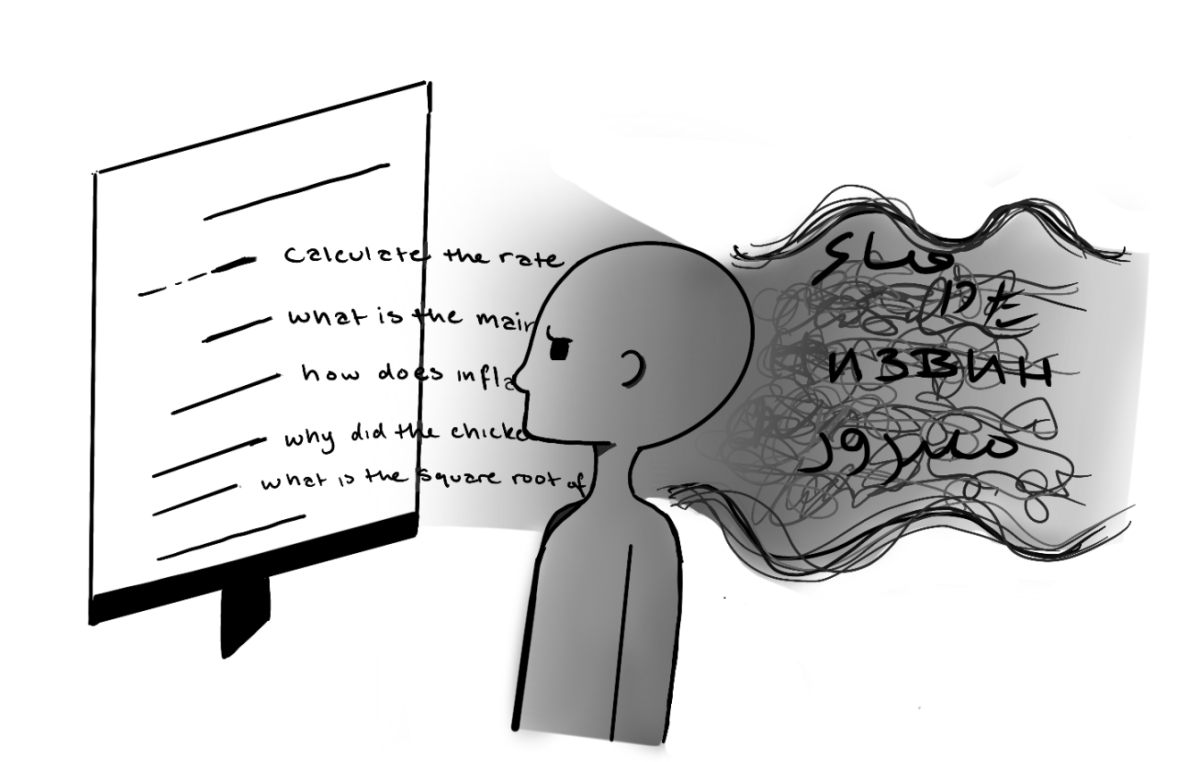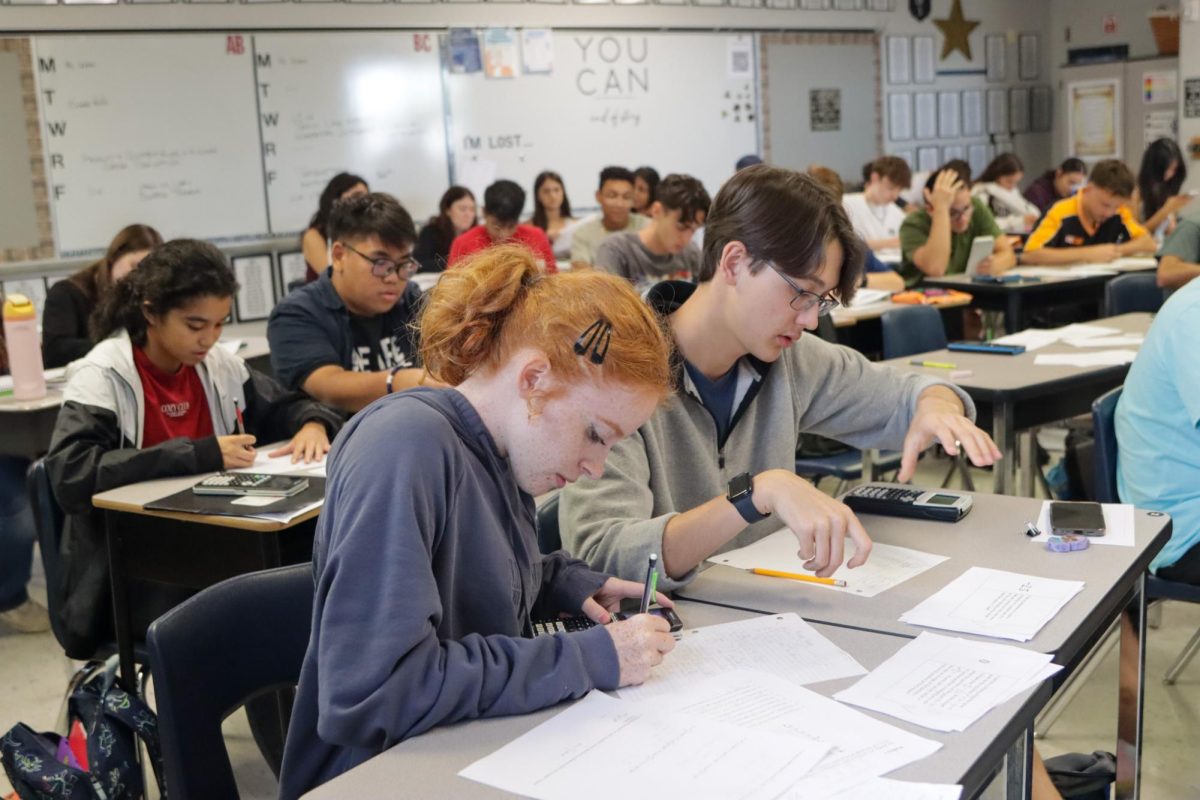From Minga to online textbooks to virtual assignments and homework turn-ins, Seminole County has incorporated digital tools into every aspect of the school day. Every class uses online in some form; however, if a student is coming to class they should not have to do most of their schoolwork online. If a student prefers online learning, they can sign up for online school. Online learning has advantages such as saving paper, keeping students from losing things and flexibility in submitting work, but these do not outweigh the disadvantages.
Doing schoolwork and reading online can make it easier to manage and submit assignments, but online learning has a lot of things that can go wrong. If a student’s internet were to crash, they would not want to worry about missing school work–they would rather have their textbook and homework in front of them. A student could also submit the wrong file or submit it in the wrong format, two problems that classes with traditional assignments do not have to worry about.
This is not just a high school problem. In the 2019-2020 school year, Florida ranked second in the nation for public university students who took at least one online course, and this number is only going to get bigger. Just because the numbers are growing, however, does not mean it is good for learning.
And it’s not just my opinion. According to a study done by NPR Health, writing requires students to be more focused rather than typing. A student’s brain has to put in more work when writing. Since a student is more engaged when writing, they absorb the information better. Teachers should want their students to pass, so why make them learn in a way that is not beneficial?
The National Library of Medicine also has a study supporting the idea of learning better when writing. The study was done on preschoolers, and it showed that preschoolers who were in handwriting training retained the information better that the students in typing training. This can apply for high school students as well.
“Writing is key and a fundamental skill that students should have instead of just typing everything out on the computer,” science teacher Angela Campbell said.
Not only does online work impact a student’s ability to succeed, it is also detrimental to students’ physical health.
A study done by the University of California Irvine says that a significant amount of blue light exposure can damage retinal cells in people’s eyes, causing their vision to become impaired. It also can cause eye cancer, cataracts, and growths on the clear covering over the white part of the eye.
Blue light has a worse effect at night, the time most students do their homework. Harvard Health says that blue wavelengths that boost your attention during the day are disruptive at night. Blue light exposure before bedtime will disrupt sleeping patterns as it gets affected when our bodies create melatonin. These changes to sleep are linked to the development of other problems, such as type 2 diabetes, heart disease, cancer, sleep disorders and cognitive dysfunctions.
Children are already at a high risk of getting these problems due to the exposure of blue light wavelength at such a young age. The flood of online classwork does not help students prevent these medical problems, it just feeds the fire.
There are even classes that have online discussions, which is ridiculous. Students discussing certain topics through online forums is nowhere near as efficient as discussing in person. When students are talking with each other, they engage better and can use body language to emphasize how they feel about a topic.
Some teachers use online tools because they find it more efficient; they do not have to worry about losing a student’s paper or forgetting to grade someone’s work. eCampus tells teachers when students submit an assignment that has not been graded yet at the top of their eCampus page. It also lets them know when students turn in something late or if they exit the browser during a quiz.
Even though online learning makes it easier for teachers, students should not be bombarded with online work if they choose to go to school. Teachers should use fewer online tools if they want their students to retain the information, not for what is easier to grade. If a class can be done face to face and on paper, teachers should not take the easy way out and make everything online.









